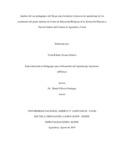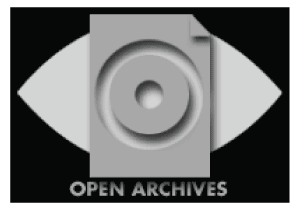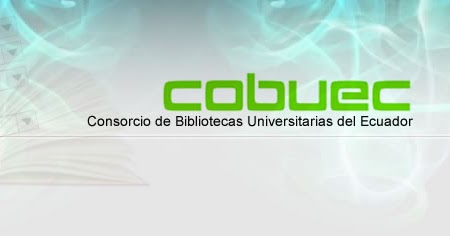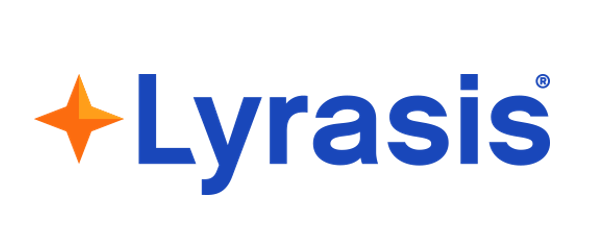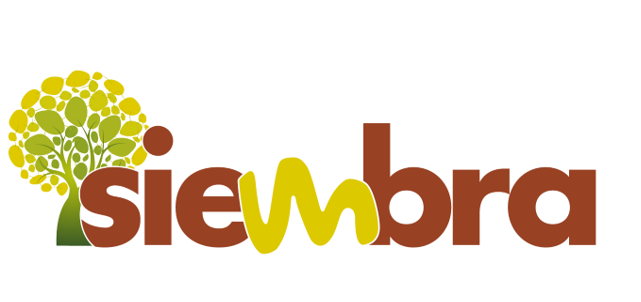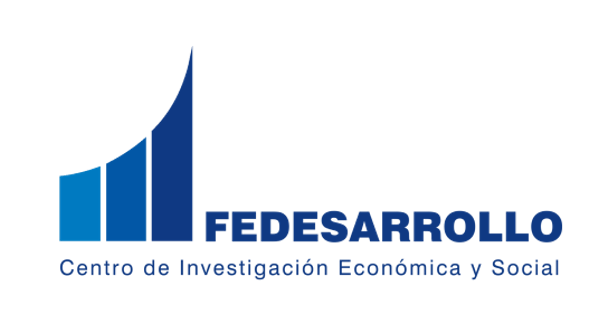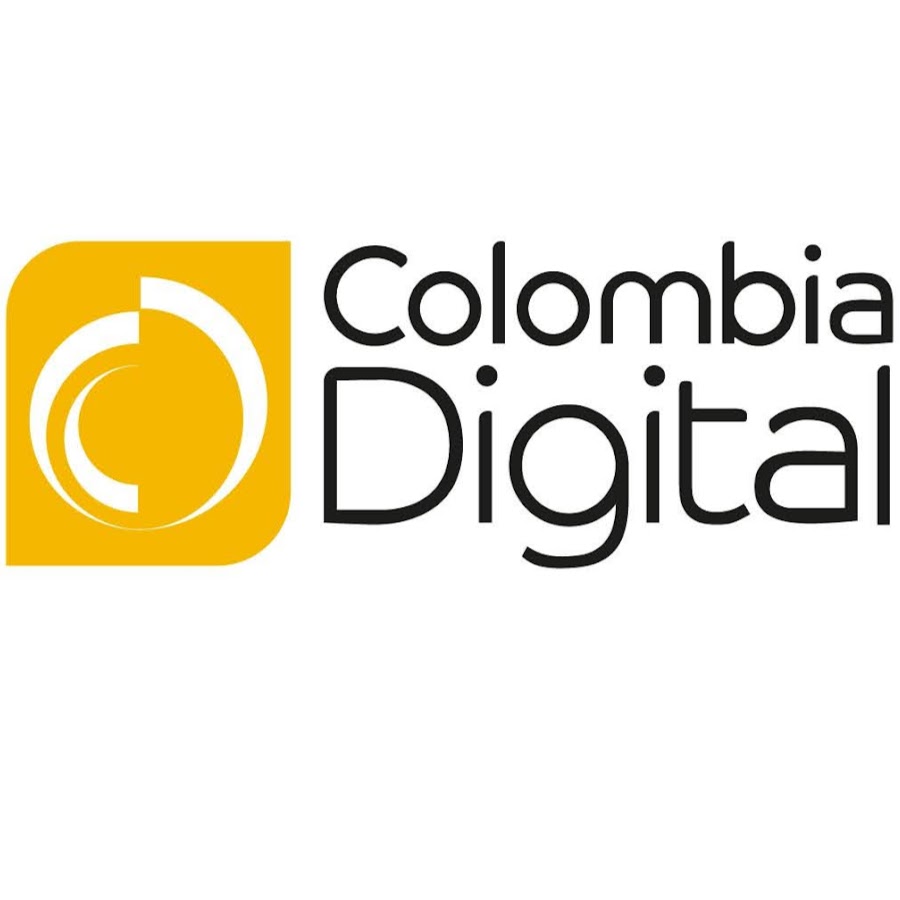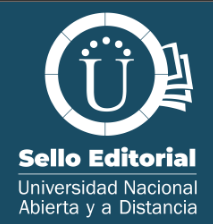Mostrar el registro sencillo del ítem
Análisis del uso pedagógico del Skype para fortalecer el proceso de aprendizaje de los estudiantes del grado séptimo en el área de Educación Religiosa de la Institución Educativa Nuestra Señora del Carmen en Aguachica, Cesar
| dc.coverage.spatial | cead_-_valledupar | spa |
| dc.creator | Alvarez Galezo, Yesid Fabian | |
| dc.date.accessioned | 2019-09-02T20:19:35Z | |
| dc.date.available | 2019-09-02T20:19:35Z | |
| dc.date.created | 2019-07-17 | |
| dc.identifier.uri | https://repository.unad.edu.co/handle/10596/27585 | |
| dc.description | Estándares de Educación Religiosa, Diario de campo, Consentimiento informado, Encuesta a Estudiantes sobre uso de las TIC, Implementación de la herramienta Skype, Encuesta diagnóstica sobre identidad y prácticas religiosas, Valoración sobre el uso del Skype en Religión, Uso de la aplicación de Google: Classroom, Autorización firmada cesión derechos intelectuales a la UNAD | spa |
| dc.description.abstract | Este proyecto presenta los resultados del trabajo de grado realizado en la modalidad de Proyecto de Investigación. Tiene como objetivo caracterizar el uso de las TIC en el área de Educación Religiosa con los estudiantes del grado séptimo de la Institución Técnica Educativa Nuestra Señora del Carmen en el municipio de Aguachica, Cesar, para fortalecer el aprendizaje en el desarrollo de competencias interpretativa, argumentativa, valorativa, actitudinal, propositiva y tecnológica. Para la consecución del mismo, se acudió a los aportes de autores en torno al significado y contenido de las TIC y su relación con el proceso de aprendizaje; se identificaron algunas ideas en los estudiantes en torno al uso de las TIC en el área de Religión, a través de la aplicación de encuestas, lo cual sirvió como insumo para orientar el proyecto investigativo; se tuvieron en cuenta recursos didácticos, pedagógicos para dinamizar esta área del conocimiento y para el desarrollo de competencias: interpretativa, argumentativa, propositiva y tecnológica. Se plantea la herramienta Skype, como la de mayor utilidad para el desarrollo de los contenidos curriculares propios del área. El enfoque de la investigación es cualitativo y se implementó la investigación de tipo cualitativo-exploratoria. Dentro de las técnicas de investigación se hizo uso de la Observación participante y de encuestas abierta y semiestructurada, como parte constitutiva y complementaria de la investigación cualitativa. De toda la población estudiantil de la Institución Educativa en mención, se tomó una muestra de quince (15) estudiantes del grado séptimo, de la básica secundaria. Como inferencia del proyecto realizado se puede hablar de la existencia de estructuras cognitivas en los estudiantes en cuanto al uso de las TIC, la preferencia por la herramienta Skype para el fortalecimiento de sus procesos de aprendizaje, la identificación de identidad y prácticas religiosas en ellos, La relación que puede darse entre el contenido del área de Educación Religiosa con las tecnologías está apoyada en el marco de la teoría del constructivismo, conectivismo y el aprendizaje significativo. | spa |
| dc.format | spa | |
| dc.format.mimetype | application/pdf | spa |
| dc.language.iso | spa | spa |
| dc.publisher | Universidad Nacional Abierta y a Distancia UNAD | spa |
| dc.title | Análisis del uso pedagógico del Skype para fortalecer el proceso de aprendizaje de los estudiantes del grado séptimo en el área de Educación Religiosa de la Institución Educativa Nuestra Señora del Carmen en Aguachica, Cesar | spa |
| dc.type | Proyecto aplicado | spa |
| dc.subject.keywords | Pedagogía | spa |
| dc.subject.keywords | Aprendizaje significativo | spa |
| dc.subject.keywords | Tecnologías de la Información y la Comunicación (TIC`s) | spa |
| dc.description.abstractenglish | This project presents the results of the degree work carried out in the Research Project modality. It aims to characterize the use of ICT in the area of Religious Education with students of the seventh grade of the Technical Institution of Education Our Lady of Carmen in the municipality of Aguachica, Cesar, to strengthen learning in the development of interpretative, argumentative skills , evaluative, attitude, purposeful and technological. To achieve it, the authors contributed to the meaning and content of ICT and its relationship with the learning process; Some ideas were identified in students regarding the use of ICT in the area of Religion, through the application of surveys, which served as input to guide the research project; didactic, pedagogical resources were taken into account to boost this area of knowledge and for the development of competences: interpretive, argumentative, propositive and technological. The Skype tool is considered, as the most useful for the development of the curricular contents of the area. The research approach is qualitative and qualitative-exploratory research was implemented. Within the research techniques, participant observation and open and semi-structured surveys were used as a constitutive and complementary part of qualitative research. Of the entire student population of the Educational Institution in question, a sample of fifteen (15) students of the seventh grade, from the secondary school was taken. As an inference to the project carried out, we can talk about the existence of cognitive structures in students regarding the use of ICT, the preference for the Skype tool for strengthening their learning processes, the identification of identity and religious practices in them, The relationship that can occur between the content of the Religious Education area and the technologies is supported in the framework of the theory of constructivism, connectivism and meaningful learning. | spa |
| dc.subject.category | Pedagogía, Educación Religiosa | spa |
| dc.rights.accesRights | info:eu-repo/semantics/openAccess | spa |
| dc.rights.acceso | Abierto (Texto Completo) | spa |

